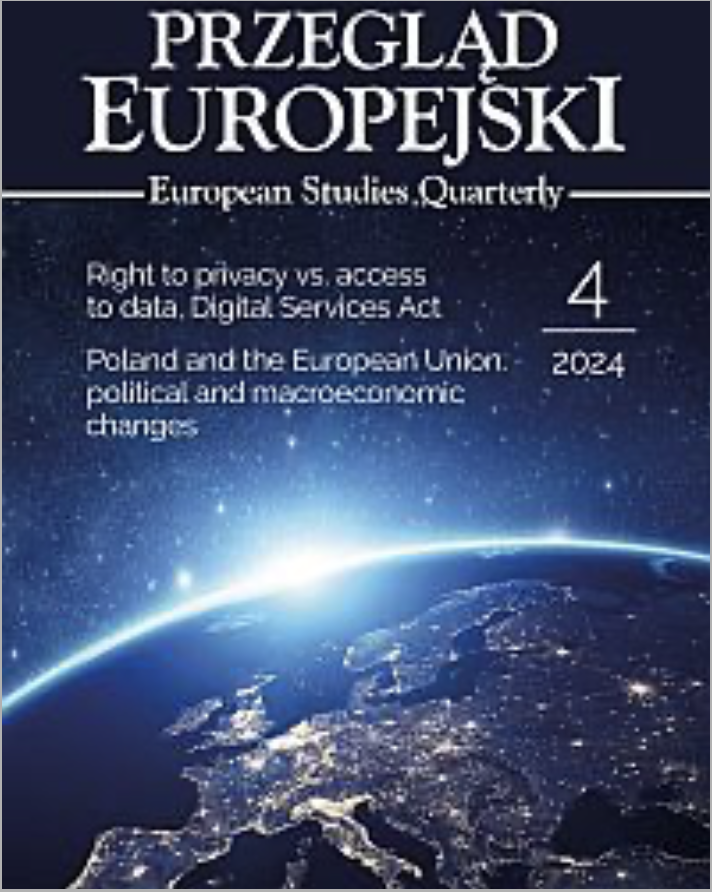Access to data for academic purposes under the Digital Services Act
Access to data for academic purposes under the Digital Services Act
Author(s): Jarosław GreserSubject(s): International Law, Higher Education , EU-Legislation
Published by: Wydawnictwa Uniwersytetu Warszawskiego
Keywords: Digital Services Act; access to data; EU law; VLOP/VLOSE; open science;
Summary/Abstract: The growth of the digital economy has resulted in unprecedented increase of the amount of datagenerated by mankind. This vast volume and variety of data is a significant source of knowledge thatallows researchers to open new research fields and to analyse existing problems more precisely. It isparticularly important for scientists employing machine learning techniques in their studies. Froma legal standpoint, however, the data typically belongs to the entity that collected it. In practice,there can be entities such as the owners of social networks (e.g. Instagram – Meta), online services(e.g. YouTube – Google), or Internet of Things devices like fitness bands. This data is protected by pri-vate law, thus, the rules on re-use of public data cannot be applied to it. Therefore, access dependson the will of the data holder. This fact has several adverse effects on the development of scienceand society. Attempts have been made at the European Union level to create legal instruments thatfacilitate access to privately owned data for academic purposes. One such instrument is the DigitalServices Act. This article presents the analysis of the regulation in terms of balancing the interestsof scientists and data holders, as well as the practical problems that may arise from its application.
Journal: Przegląd Europejski
- Issue Year: 2024
- Issue No: 4
- Page Range: 71 - 83
- Page Count: 13
- Language: English

